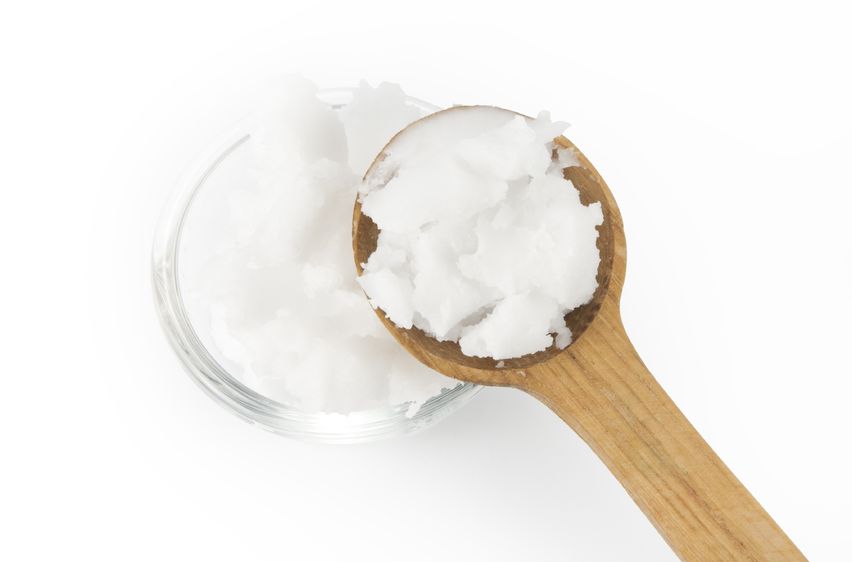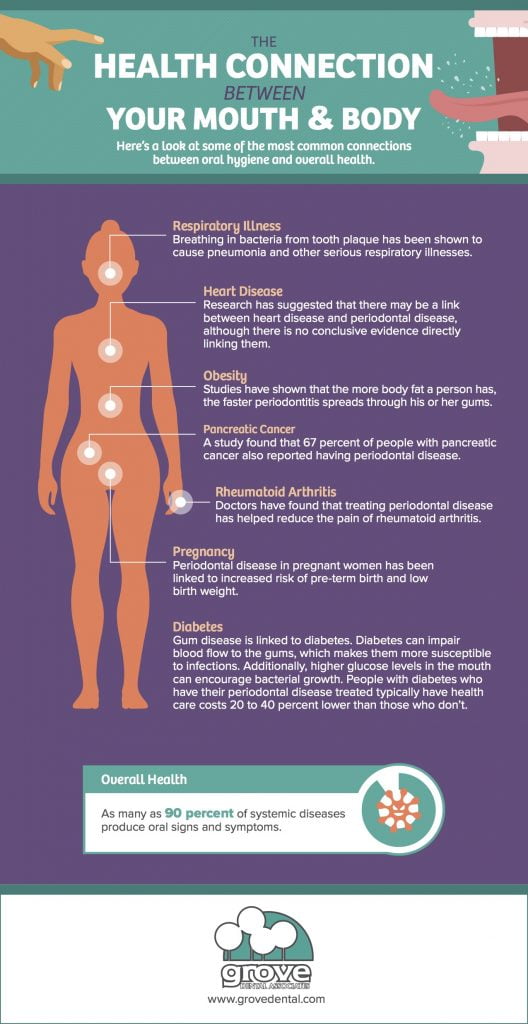
Swishing your mouth out with coconut oil may be a more effective and safer alternative to chemical mouthwashes, according to new research.
A new study has proven for the first time that the oral use of coconut oil is effective in reducing plaque related to gingivitis, a common form of inflammation in the gum tissue of the mouth that occurs in response to bacterial biofilms (known as plaque) adhering to the surfaces of the teeth and which can lead to more serious oral condition known as periodontal disease.
Titled, “Effect of coconut oil in plaque related gingivitis – a preliminary report“, and published in the Nigerian Medical Journal, researchers decided to test the hypothesis that the increasingly common practice of “oil pulling or oil swishing therapy” today, is as effective for maintaining oral health as has been believed for centuries. Oil pulling, in fact, is a traditional therapy that stretches at least as far back as 1500 years ago, where it was mentioned in the early Ayurvedic text, the Charaka Samhita, and which we covered in our article “Oil Pulling: Ancient Secret for Optimal Health.” Yet, traditional oil pulling was believed performed mainly with sesame oil, with available published studies also using sesame seed oil and not coconut.
The new study aimed to fill the data gap on coconut oil:
“No studies have been done on the benefits of oil pulling using coconut oil to date. So a pilot study was planned to assess the effect of coconut oil pulling on plaque induced gingivitis.”
The study enrolled 60 subjects between 16-18 years of age with plaque induced gingivitis. No control was used, rather, “the study was designed to compare the baseline values and the post intervention values in a single group performing coconut oil pulling in addition to their oral hygiene routine.” The subjects were measured for plaque and gingival indices at baseline (day 0), and then on days 1, 7, 15, 30 after the oil pulling was started.
The results were reported as follows:
“The mean gingival index was 0.91 and the plaque index was 1.19 at baseline. In comparison to the baseline values both the gingival and the plaque indices substantially reduced during the period of assessment. There was a steady decline in both the plaque index and the gingival index values from day 7. The average gingival index score on day 30 was down to 0.401 (from .91) and the plaque index score was 0.385 (from 1.19)“
The results were found to be statistically significant, indicating that coconut oil is an effective treatment for reducing gingivitis symptoms and plaque build-up on the teeth.

.png)
The reduction of gingivitis and plaque scores within 30 days.
How does it work?
First, coconut oil is a well-known anti-microbial agent, and may have direct anti-bacterial properties due, in part, to its lauric acid content. Second, oil pulling results in the emulsification of coconut oil which greatly increases its surface area and once formed on the surface of the teeth reduces plaque adhesion and bacterial aggregation, according to the study. Third, coconut oil produces a soap like substance when the saliva mixes with the oil (a process known as saponification). The is also why coconut is used in soap-making. According to the study, “The soaps produced with coconut oil can lather well and have an increased cleansing action. The lauric acid in the coconut oil can easily react with sodium hydroxide in saliva during oil pulling to form sodium laureate, the main constituent of soap which might be responsible for the cleansing action and decreased plaque accumulation.”
A video showing you how to oil pull.
Why coconut is better than chemical mouthwashes
The most commonly used active ingredient in mouthwashes are chlorhexidine, phenol (Listerine) and amine/stannous fluoride (Meridol), with chlorhexidine being the most effective at controlling plaque induced gingivitis and inhibiting bacteria. The problem, however, with chemical mouthwashes is that they have significant, even irreversible adverse side effects:
“Chlorhexidine on long term use alters taste sensation and produces brown staining on the teeth which is very difficult to remove. The mucous membranes and the tongue can also be affected and may be related to the precipitation of chromogenic dietary factors on to the teeth and mucous membranes. Staining is also associated with the of long term use of Phenol compound and stannous fluoride containing mouth washes.”
In contradistinction,the researchers noted coconut oil does not appear to carry these side effects:
“In the present study there were no reported alterations in the taste or noticeable staining from coconut oil at the end of 4 weeks.”
The study concluded that “Oil pulling has been proven to be an effective method in reducing plaque formation and plaque induced gingivitis. This preliminary study shows that coconut oil is an easily usable, safe and cost effective agent with minimal side effects which can be used as an adjuvant in oral hygiene maintenance.”

For further research on alternative mouthwashes consult the following research:
Disclaimer: We at Prepare for Change (PFC) bring you information that is not offered by the mainstream news, and therefore may seem controversial. The opinions, views, statements, and/or information we present are not necessarily promoted, endorsed, espoused, or agreed to by Prepare for Change, its leadership Council, members, those who work with PFC, or those who read its content. However, they are hopefully provocative. Please use discernment! Use logical thinking, your own intuition and your own connection with Source, Spirit and Natural Laws to help you determine what is true and what is not. By sharing information and seeding dialogue, it is our goal to raise consciousness and awareness of higher truths to free us from enslavement of the matrix in this material realm.
 EN
EN FR
FR


























